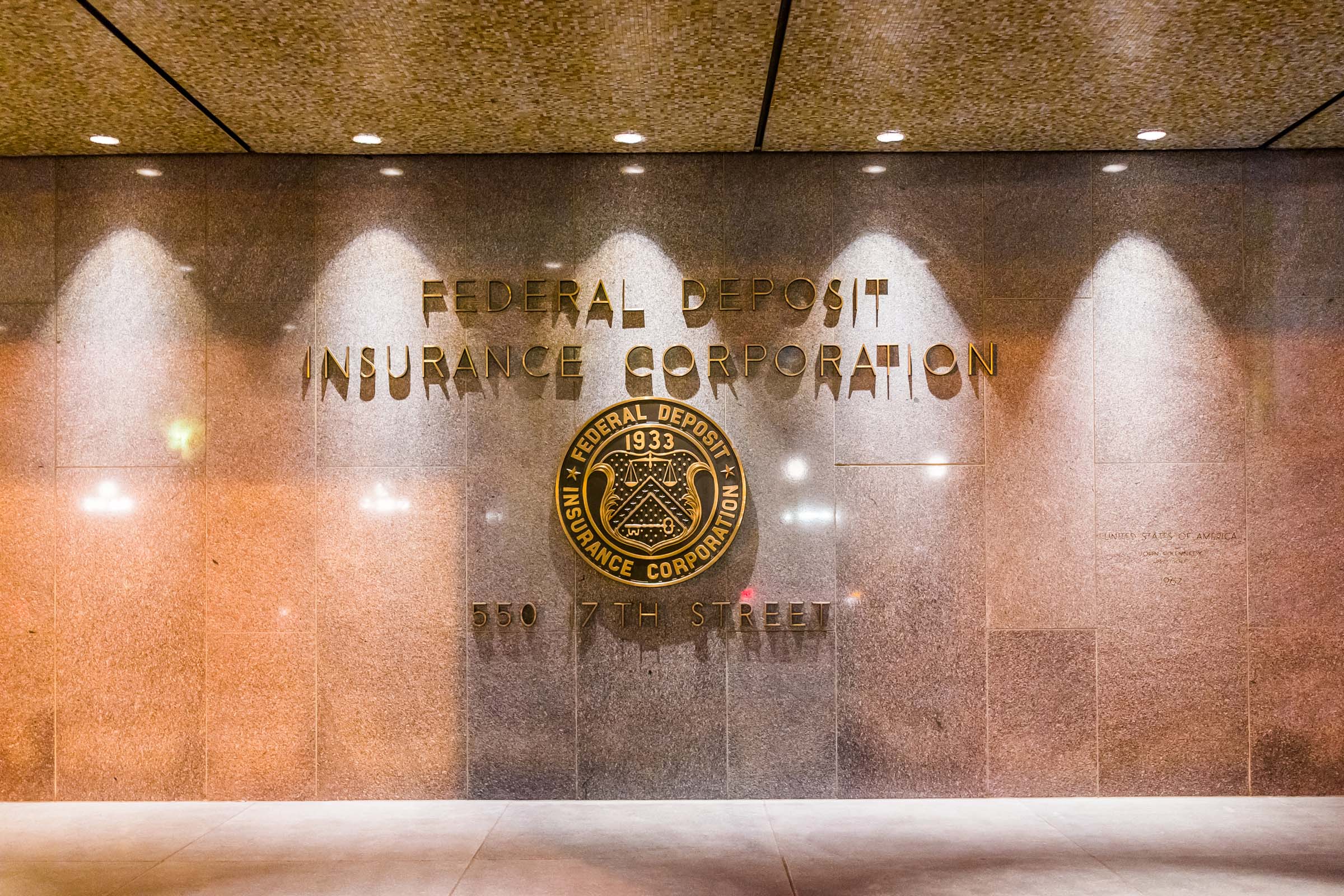
Volcker Rule Gets Long-Awaited Overhaul From Bank Regulators
12 September 2019: The Office of the Comptroller of the Currency (OCC) and the Federal Deposit Insurance Corporation (FDIC) made life easier for the banks they regulate when approving reform to the much-criticised Volcker Rule which was brought in after the 2008 financial crisis to safeguard the banking system and deter higher-risk investing. This was confirmed on August 20, 2019.
The main ethos of the original rule was to stop banks that accept deposits from US taxpayers from conducting proprietary trading. The reforms have been on the slate since May 2018 when investment banks like JP Morgan, Goldman Sachs and Morgan Stanley complained it lacked clarity in application and was very complex. The changes are designed to help establish if certain trading activity is or is not lawful. Not everyone is happy with the new version, notably it is opposed by Democrat lawmakers, consumer groups and the man who was the architect of it, Paul Volcker.
FDIC Commissioner Martin Gruenberg, a Democrat, opposed the new version and lamented that it narrows the definition of banned trading so that banks can again engage in risky bets with potentially billions of dollars in financial instruments. The other three FDIC board members, all Republicans, voted in favor.
Democratic Representative Maxine Waters, who chairs the House Financial Services Committee, said that regulators have removed a foundation of the Wall Street reform introduced by the 2010 Dodd-Frank law. “The final rule published today would curtail prohibitions in a manner that Congress never intended,” she said.
The new version should clarify which trades are exempt, such as when banks facilitate client trades and hedge risks, and to expand those exemptions. The banks complained that the required tests were complicated and could be applicable to multiple situations not designed to be caught by the law. The new version will allow more proprietary trading and also allow the banks to invest more in hedge funds and private equity funds. Regulators said they expect to propose further easing of the “covered funds” aspect of the rule, including those for foreign firms, later this year. The rule will become effective on January 1, 2020, and banks will have one year to comply.
The Federal Reserve, the Securities and Exchange Commission, and the Commodities Futures Trading Commission, are all expected to approve the new rule soon.
Paul Volcker, the former Federal Reserve chairman, stated that “the new rule amplifies risk in the financial system, increases moral hazard and erodes protections against conflicts of interest that were so glaringly on display during the last crisis.”
Bank Policy Institute President Greg Baer praised the changes as helping to “reduce the incidental damage the original rule has done to responsible banking activity and legitimate market-making activity, and the massive and needless compliance costs it imposed.”







